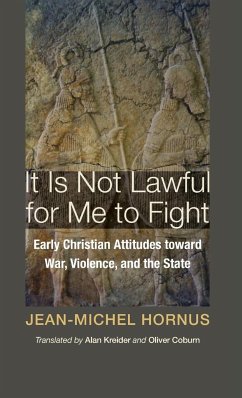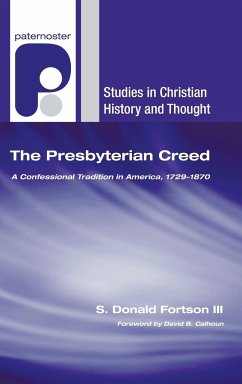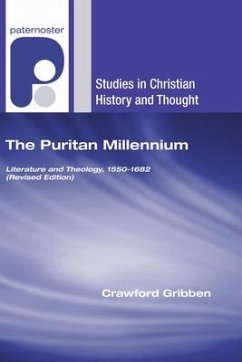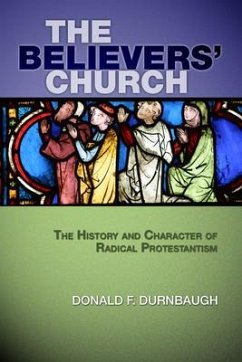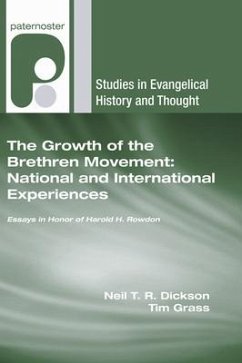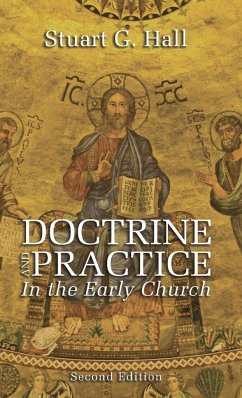""It is not lawful for me to fight."" With these words Saint Martin of Tours left the Roman army in AD 356. In so doing, he-who ironically in later centuries was named patron saint of numerous garrison chapels-was acting in accordance with the teaching and discipline of the pre-Constantinian church. The Early Church, as Dr. Hornus demonstrates in this historical and theological study, consistently maintained the stance of enemy loving and nonviolence. It forbade believers to take life, and was deeply suspicious of the military profession. Only in the course of the fourth century, in the context of general ethical decline and cultural accommodation, did anti-militarism cease to be the church's official position. Dr. Hornus concludes his study by reflecting upon the relevance of the thought and action of the early Christians for our own violent age.
Hinweis: Dieser Artikel kann nur an eine deutsche Lieferadresse ausgeliefert werden.
Hinweis: Dieser Artikel kann nur an eine deutsche Lieferadresse ausgeliefert werden.

